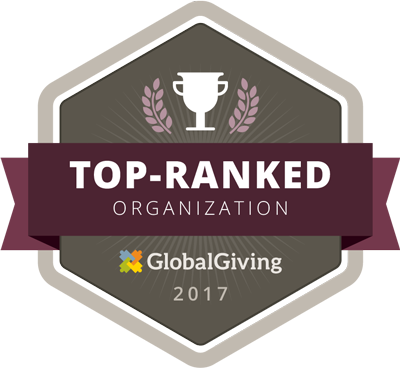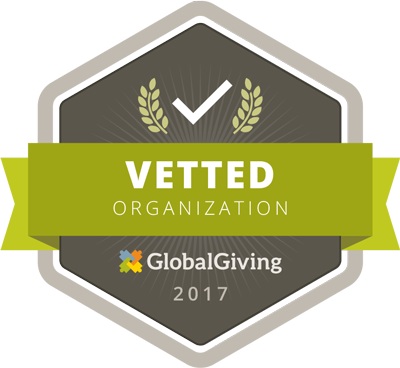Water Testing Training
Last Sunday June 26, Agua Pura held a training program for staff and volunteers from different non profit organizations demonstrating modern methods of water testing and purification. Participants brought samples of possibly contaminated water and learned how to accurately test their samples for E. Coli bacteria. They also leaned about different ways to make contaminated water safe to drink. Hilary Miller, a volunteer with the Center For Affordable Water and Sanitation Technology in Canada discussed the use of various purification technologies including biosand and ceramic filters and the use of UV light in sunlight for solar disinfection (SODIS). Because we had one of Portland's rare sunny days, we were also able to demonstrate the use of the Water Pasteurization Indicator or WAPI using a solar reflector stove from Solar Cookers International. Finally Agua Pura demonstrated a small "rocket stove" made from simple materials, and a wood burning smokeless stove for indoor use, both developed by the Aprovecho stove cooperative in Cottage Grove Oregon. The participants then prepared a nutritious lunch entirely using the stoves demonstrated. The solar stoves steamed vegetables and cooked hard cooked eggs, the rocket stove was used to boil corn and to cook tortillas and the "lorena" smokeless stove cooked the refried beans. Finally, after lunch the group members made their own solar stoves out of cardboard and aluminum foil using a design developed by Agua Pura. Even in Oregon, these simple, safe reflector stoves can easily pasteurize water and cook healthy meals, and in dry arid climates can make a big difference in reducing air pollution and deforestation. Used with a WAPI temperature indicator they can provide safe drinking water for families. Participants also practiced making the parts for a rocket stove. It is called a biomass stove because it burns sticks and twigs and waste materials not otherwise useful and easily and quickly cooks meals with very little smoke because of its high heat. It is insulated with wood ash and is thus much safer than cooking over open fires. In all, the one day workshop covered many important topics and gave participants an introduction to many useful techniques they could use in their own volunteer service. Tom Carter









.png)
